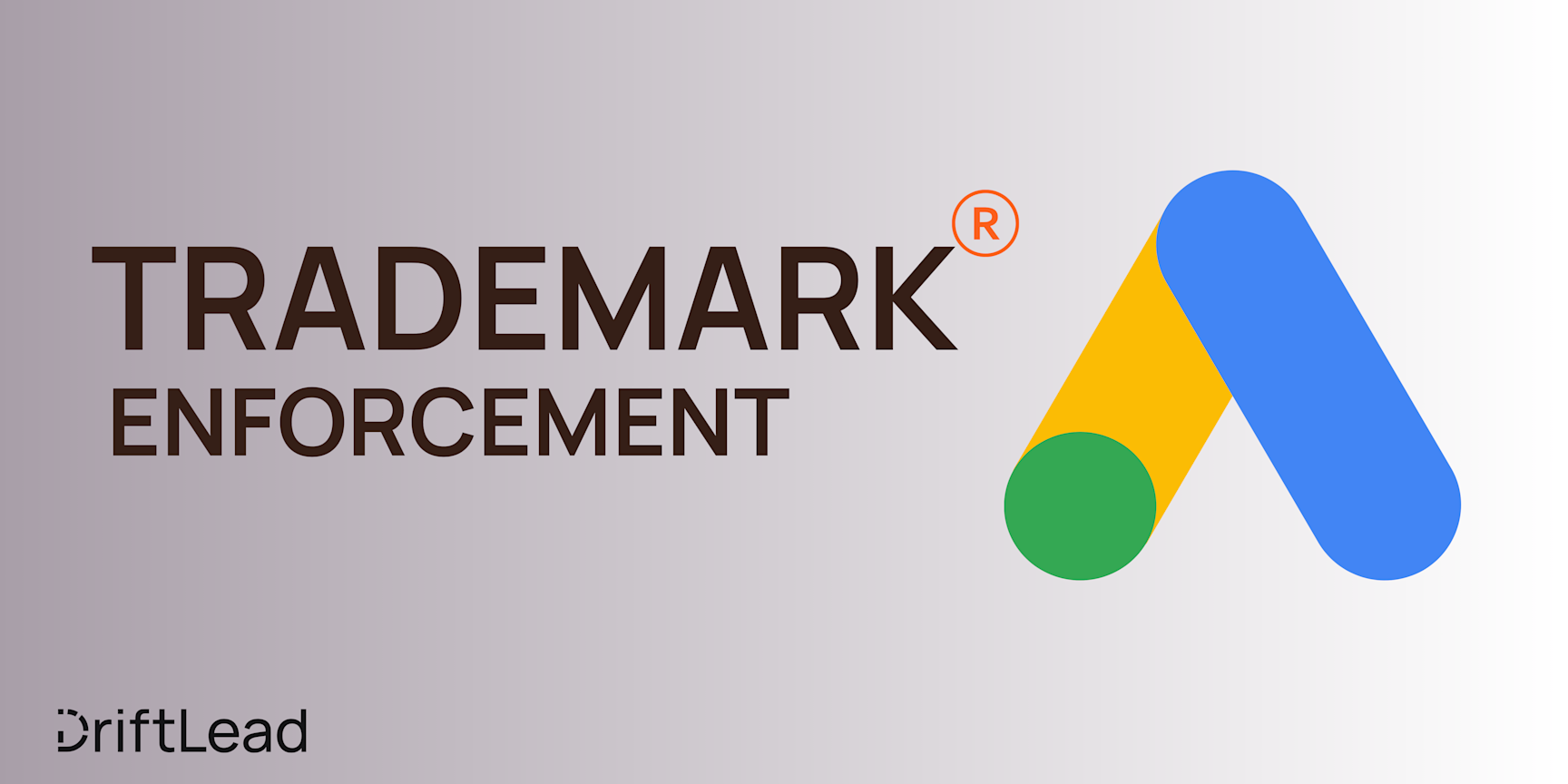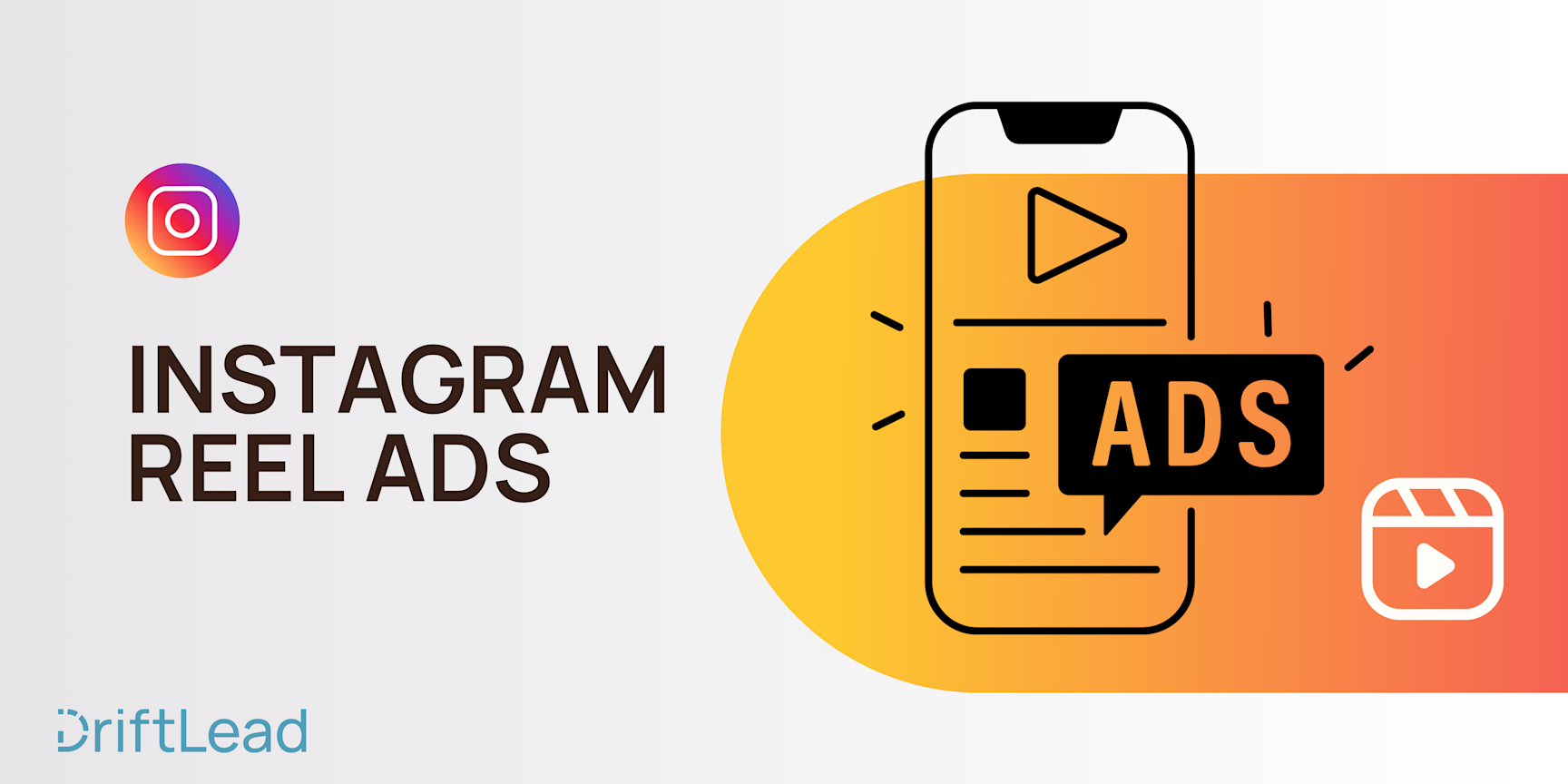How AI Will Change the Future of Advertising
03 Jul, 2023
Read about how AI may change the future of advertising for marketers
Jump to:
Hop on our weekly newsletter train! We're sharing tips so stellar, we're practically job-threatening ourselves!
The realm of digital advertising is witnessing a paradigm shift, and Artificial Intelligence (AI) is at the heart of it. Once a niche concept relegated to sci-fi movies and futurist fantasies, AI is now an integral part of our everyday lives. From voice assistants that curate our morning playlists to recommendation algorithms that dictate our Netflix binges, AI's influence is undeniable. And it's not stopping there - it's reshaping the world of advertising in ways we couldn't have imagined just a decade ago.
As marketers, we find ourselves at the epicenter of this digital revolution. We're adopting AI faster than any other profession, leveraging it to streamline processes, optimize campaigns, and establish deeper connections with our audiences. But as Google and Microsoft — two tech giants with a heavy hand in the search engine market — continue to lead the charge in generative AI, the implications for advertisers are both fascinating and somewhat unsettling.
What happens when AI becomes capable of answering user queries directly? Will this diminish the need for individual website visits, reducing their visibility? Is the plan to place AI right at the top of the Search Engine Results Pages (SERPs), and if so, what does this mean for us, the advertisers? And what about ad creation and campaign generation – how will they be transformed by this growing autonomy?
In this article, we're going to dive into these questions, exploring the philosophical and practical implications of AI's burgeoning role in advertising.
AI Adoption in Advertising and Marketing
As a tool, AI is unparalleled in its potential to enhance efficiency, provide in-depth customer insights, and enable personalized engagements at scale.
As AI technologies continue to evolve and mature, marketers are finding a multitude of ways to leverage these powerful tools. AI-driven algorithms help us to uncover hidden patterns in massive data sets, allowing us to gain a deep understanding of customer behavior and predict future trends with impressive accuracy. Programmatic advertising, powered by AI, enables real-time bidding and ad placement, ensuring that we reach the right customer, at the right time, with the right message.
The rise of chatbots and virtual assistants, too, is a testament to the increasing influence of AI in our industry. These tools provide instant customer service, nurturing leads, and guiding users through the sales funnel, 24/7, with minimal human intervention.
However, it's not just about the ways we're using AI today; it's about the potential these technologies hold for the future. As AI continues to advance, its capacity to deliver ultra-personalized, intuitive, and engaging advertising experiences will only increase, revolutionizing the way we connect with our audiences.
It's an exciting time to be in advertising and marketing. As we continue to embrace AI, we're not just keeping pace with the industry - we're actively shaping its future. But as with any substantial shift, it's essential to consider the implications – both exciting and challenging – that such a change might bring. In the next sections, we'll dive into some of these potential impacts and considerations, focusing on the current AI trailblazers: Google and Microsoft.
The AI Frontier: Google and Microsoft's Role
As the industry forges ahead into the new frontier of AI, two titans of the tech world stand at the forefront: Google and Microsoft. Both companies are heavily invested in the development and application of AI, shaping how this transformative technology influences advertising.
Google, whose search engine handles more than 90% of global online search queries, has a vested interest in the application of AI. Their AI model, known as BERT (Bidirectional Encoder Representations from Transformers), is already revolutionizing search. By better understanding the context of search queries, BERT enhances the relevance of search results and ads. This means that advertisers can target audiences more effectively, improving the user experience and ROI.
In a similar vein, Microsoft's AI venture, OpenAI's GPT-3, has garnered significant attention for its capability to generate human-like text. This AI model can potentially answer search queries, formulate emails, write articles, and even code. For advertisers, the implications are immense, opening up opportunities for auto-generated ad copies or personalized customer interactions.
However, the progression of AI within these companies presents some significant questions for advertisers. If AI becomes sophisticated enough to provide direct answers to user queries, could this lead to a decrease in website visits, thereby reducing their visibility? If AI sits at the top of the SERPs, delivering information even before a user clicks on a link, how will this affect ad placements and the overall advertising landscape?
Moreover, with AI's increasing involvement in ad creation and campaign generation, there's a question of how much control advertisers might have to relinquish to these algorithms. As we move towards a future where advertising becomes more automated, we need to balance efficiency and effectiveness with the distinct, innovative touch that only humans can provide.
The exploration of these potential scenarios isn't about creating fear of change. Instead, it's about understanding the shifts that AI may bring, so we can adapt and continue delivering compelling, effective advertising in an ever-evolving landscape.
Potential Impact on Search Visibility
As AI advances in delivering more direct and accurate responses to user queries, we find ourselves facing an interesting conundrum. In theory, this development should enhance user experience – and it does. However, it may also lead to fewer people visiting websites directly from search results, thus impacting visibility for businesses and advertisers.
Imagine a user searching for a simple question like "What are the benefits of vitamin C?" Today, Google's AI might deliver a concise and direct answer at the top of the Search Engine Results Page (SERP). The user gets their answer, perhaps without needing to click on any of the organic results or paid ads. The information was provided by AI, sourced from a website, but the user didn't need to visit the site directly.
This new reality could impact businesses and advertisers significantly. Brands that traditionally relied on driving traffic to their sites via search results may see a decrease in organic traffic and ad clicks. This can lead to a reduction in visibility, engagement, and potentially revenue.
However, it's not all doom and gloom. As marketers, we're no strangers to adaptability. If the landscape of search changes, our strategies will evolve in tandem. We might focus more on making our content the best so that it's selected by the AI for the quick answers. Or we might pivot to invest more heavily in other forms of digital marketing, such as social media or email marketing.
Another possibility could be an increased emphasis on the creation of rich, in-depth content. If the trend leans towards users seeking more comprehensive information post-AI answer, then having detailed, expertly-crafted content could attract those users to your site.
Moreover, Google and other search engines could refine their monetization strategies around this AI-centric search approach, potentially opening new advertising opportunities. The future of search visibility in an AI-driven world is largely unwritten, and as marketers, we'll be at the forefront, ready to write it.
The Changing Face of Campaign Management
With AI becoming more sophisticated and integral in the marketing landscape, the way we create advertisements is changing. The AI-powered tools of today are not just capable of processing data and providing insights – they are venturing into the realm of creativity, assisting and even automating the ad creation process.
Traditionally, creating an ad required human ingenuity – a deep understanding of the target audience, the product, and the cultural context, all brought together with a creative spark. But the advent of AI challenges this notion. Systems like Google's Responsive Search Ads already allow advertisers to input multiple headlines and descriptions and then uses machine learning to automatically test different combinations and learn which performs best.
This isn't limited to text-based ads. AI can now also analyze visual elements and colors, creating effective display ads that are optimized for conversion. An AI might evaluate thousands of images, analyze their performance metrics, and utilize that information to suggest or even generate optimal ad visuals.
However, as we hand over more control to the machines, the question arises - how will this affect the role of the marketer? The ad creation process is, at its heart, a creative endeavor. Will the rise of AI mean a loss of this human touch, this creativity?
The answer is not a simple one. AI is indeed changing the game, but it is a tool. A powerful, transformative tool, but a tool nonetheless. It can take on the heavy lifting of data processing, A/B testing, and even some aspects of content creation, but it does not replace the strategic and creative capabilities of a human marketer.AI in ad creation can be seen as an opportunity rather than a threat. It can free up time, allowing marketers to focus on strategic thinking, audience understanding, and creative ideation. While AI handles the technicalities of optimization and testing, human marketers can focus on what they do best - creating compelling narratives and strategies that resonate with audiences on an emotional level.
The key to navigating this changing face of ad creation lies in striking a balance – leveraging AI for efficiency and accuracy, while retaining the unique human ability to connect, empathize, and innovate.
AI and the Autonomy of Google Ads
The advent of AI has had a profound impact on Google Ads, driving it towards greater autonomy. Google's vision for its advertising platform is to harness machine learning to automate the tasks that can be automated, allowing advertisers to focus on more strategic decisions.
Consider Google's Smart Bidding. It uses machine learning to optimize your bids for conversions or conversion value in each auction—a feature known as "auction-time bidding." It tailors the bid to the unique context of each search, considering a wide range of signals such as device, location, time of day, language, and more. This automation is a major step up from manual bidding, where such a level of customization would be impossible due to the sheer volume of data and calculations.
Similarly, Google's Responsive Search Ads (RSA) and Dynamic Search Ads (DSA) are powerful examples of AI in action. RSA allows you to input multiple headlines and descriptions, and then uses machine learning to automatically test different combinations and learn which performs best. DSA goes even further by generating the headline and landing page dynamically based on the search query.
This growing autonomy in Google Ads can deliver several benefits. It can improve efficiency by automating repetitive tasks, boost performance by harnessing machine learning for optimization, and provide actionable insights through data analysis. But it also raises questions about the role of marketers in this increasingly automated landscape.
While AI can handle the number-crunching, testing, and tweaking, it still lacks the human touch—the ability to understand the nuances of language, to empathize with the audience, and to strategize in a broader business context. This is where marketers continue to play a crucial role. The insights generated by AI need to be interpreted and applied within the larger business strategy. The automated ads need to be reviewed and edited to ensure they align with the brand voice and message.
As AI pushes Google Ads towards more autonomy, the future of advertising could be a hybrid model. AI and marketers will work hand in hand—AI providing the data-driven insights and automation, and marketers bringing strategic thinking, creativity, and a deep understanding of the audience and business context. In other words, AI will handle the science of advertising, while humans take care of the art.
Potential Benefits and Challenges
The integration of AI in advertising certainly brings with it a number of transformative benefits and challenges. Here, we'll explore these potential impacts:
Benefits
1. Enhanced Precision & Efficiency: Artificial Intelligence can sift through vast amounts of data far quicker than any human could, extracting meaningful insights, identifying patterns, and predicting future trends. It allows for better targeting of audiences, personalized ad experiences, and automated campaign management, leading to improved performance and efficiency.
2. Greater Scale: Automation allows advertisers to manage and optimize campaigns across a vast array of channels and touchpoints, something that would be immensely time-consuming and complex for humans to handle.
3. Real-time Optimization: AI can analyze performance data in real-time, allowing for immediate adjustments and optimizations that can keep campaigns on the path of success.
Challenges
1. Understanding the AI Black Box: AI algorithms are often complex and not entirely transparent. This lack of understanding can make it difficult for marketers to trust and effectively leverage the AI tools.
2. Data Privacy Concerns: AI's ability to collect and analyze vast amounts of user data raises significant privacy concerns. Advertisers must balance the use of data for personalization with respect for user privacy, a challenge further complicated by changing regulations around the world.
3. Dependence on Data: AI's effectiveness is directly tied to the quality and quantity of data it can access. Inaccurate, incomplete, or biased data can lead to misguided insights and poor decision-making.
4. The Human Touch: While AI can handle data analysis and automation, it lacks the human qualities of empathy, creativity, and understanding of cultural nuances. Advertisers need to ensure that their campaigns maintain a human touch, resonating with their audience on an emotional level.
In navigating these challenges and maximizing the benefits, it's crucial for advertisers to maintain a clear understanding of their objectives and stay abreast of the rapidly evolving AI landscape. This is not about replacing human marketers with machines, but rather about combining the strengths of both to redefine the future of advertising.
Conclusion
As we venture deeper into the digital era, the integration of AI in advertising and marketing is not just an exciting possibility—it's an inevitable reality. The potential implications are both inspiring and, to some extent, daunting. With industry giants like Google and Microsoft at the forefront of this revolution, AI promises to reshape the advertising landscape in ways we've yet to fully comprehend.
From the creation of ad campaigns to audience targeting and performance optimization, every facet of advertising stands to be transformed. The impact on search visibility and the increasing autonomy of platforms like Google Ads heralds a future where AI plays an integral role in decision-making and strategy formulation. But this does not signal the end of the human advertiser.
The human element—our creativity, our empathy, our ability to understand cultural nuances and appeal to human emotions—will always have a place in advertising. It's about marrying these human qualities with AI's capabilities to create more effective, personalized, and engaging ad experiences.
As we navigate this new landscape, staying informed and adaptable is key. AI in advertising is a complex, evolving topic that warrants an ongoing conversation. So, let's keep the dialogue open and continue to explore the exciting possibilities AI has to offer.
Interested in staying ahead of the curve and maximizing the benefits of AI in your advertising campaigns? At DriftLead, we're on top of the latest trends and technologies, helping our clients leverage these advances for optimal campaign performance. Get a free marketing consultation today. Let's redefine the future of advertising together.






